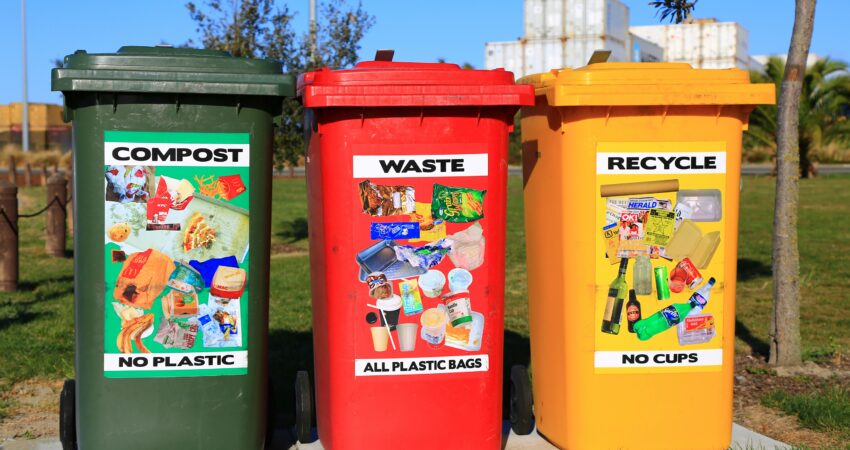INTRODUCTION
Recycling plays a vital role in our efforts to build a sustainable future. By recycling, we not only conserve natural resources but also reduce the need for new raw materials, which in turn decreases pollution and energy consumption.
Making the world a better place can happen through creating routine for daily steps. Recycling should be part of that!
Why Is Recycling Important and What Does It Mean?
Recycling is the process of creating something new out of used materials. It’s similar to giving something a second chance at usefulness. When you recycle an empty soda can rather than throwing it away, it can be recycled again and possibly become another soda can!
Reusing materials is only one aspect of recycling, though. It has to do with preserving the resources of our society and cutting down on the enormous amounts of waste we produce each day. Things don’t simply vanish every time we throw them out. It ends up damaging our ecosystem, ending up in a landfill or the ocean.
The Vast Advantages of Recycling.
1. Preserving Natural Resources: The resources of the Earth are finite. Recycling lessens the need to take raw resources from the earth, such as mining metal for electronics or chopping down trees for paper. This indicates that we are preserving our natural environments and leaving a larger legacy for future generations.
2. Energy Saving: Reusing materials requires less energy than creating new ones from the ground up. For instance, up to 95% less energy is required to recycle metal than to create new aluminum from raw sources. That saves a ton of energy and lowers greenhouse gas emissions.
3. Saves Energy and Water: Recycling requires significantly less energy and water than producing new products from raw materials. This reduces the strain on our energy and water resources.
4. Supports the Economy: Recycling creates jobs, stimulates innovations, and saves communities money by reducing waste disposal costs.
Ways in Which You Can Change Things.
Recycling is a shared obligation that necessitates collaborative action from governments, large corporations in tandem with individual efforts, to drive meaningful change and promote a culture of sustainability. Here’s how to do it:
1. Start at Home: make sorting through your trash a habit. Glass, metal, plastic, and paper waste should all go in different bins. The little effort adds up to a significant impact.
2. Encourage Local Recycling Initiatives: A lot of towns offer recycling initiatives or drop-off locations. Make sure you are keeping recyclables out of the trash by making use of these resources.
3. Upcycling: Creatively repurpose items like old furniture, jars and containers into new products.
4. Electronic waste (E-waste) recycling: Responsibly recycle electronic devices, batteries and cables.
It’s Time to Take Action!
Recycling is a need, not only a choice. Our society will be in better shape for coming generations if we recycle more since it will reduce the amount of waste we produce and conserve more resources. It’s an easy fix for a complex issue, but it won’t work unless each of us does our share.
Therefore, keep in mind that recycling involves more than just getting rid of waste the next time you drink a bottle of water or use a piece of paper. It’s about making our society a greener, cleaner place for all. Let’s make sure the society we leave behind is just as stunning and lively as the one we were given. It all begins with that one small recycling deed.
Here at squeaky cleaning services limited, we’re dedicated to reducing waste and promoting sustainability through our specialized recycling programs.

